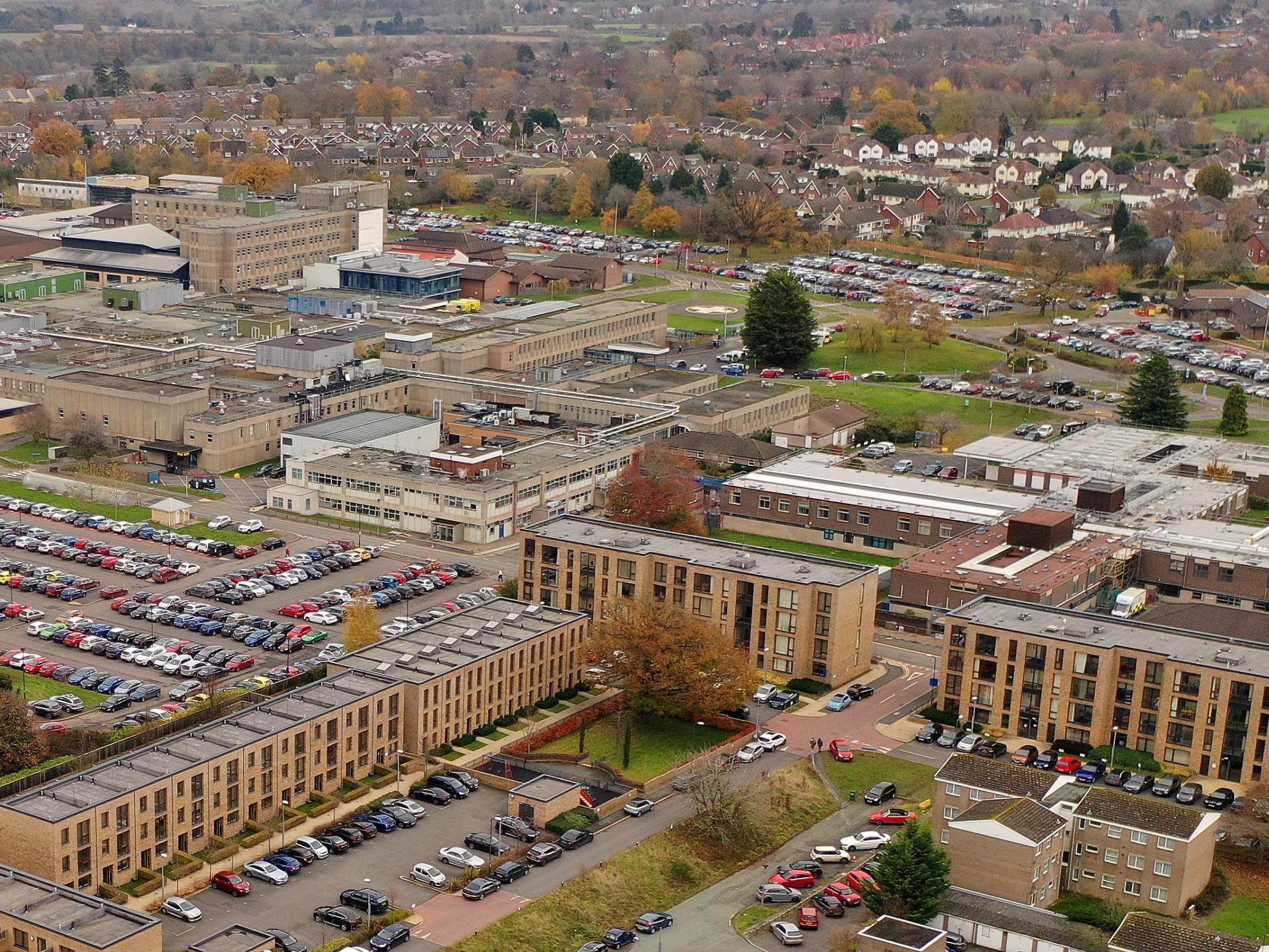‘Disgraceful’: Furious families confront NHS trust bosses over maternity scandal as it emerges true extent may never be known
Exclusive: Records going back more than two decades may have been destroyed

Your support helps us to tell the story
From reproductive rights to climate change to Big Tech, The Independent is on the ground when the story is developing. Whether it's investigating the financials of Elon Musk's pro-Trump PAC or producing our latest documentary, 'The A Word', which shines a light on the American women fighting for reproductive rights, we know how important it is to parse out the facts from the messaging.
At such a critical moment in US history, we need reporters on the ground. Your donation allows us to keep sending journalists to speak to both sides of the story.
The Independent is trusted by Americans across the entire political spectrum. And unlike many other quality news outlets, we choose not to lock Americans out of our reporting and analysis with paywalls. We believe quality journalism should be available to everyone, paid for by those who can afford it.
Your support makes all the difference.The full extent of failings by the hospital trust at the centre of the largest NHS maternity scandal may never be known, it has emerged.
The chair of the independent investigation into Shrewsbury and Telford Hospital Trust has warned that some records going back more than two decades may have been destroyed under NHS rules.
Writing exclusively for The Independent, midwife Donna Ockenden said she would strive to deliver answers for families, and she issued a public appeal for any parents with concerns about poor maternity care at the Shropshire trust to come forward.
Ms Ockenden wrote: “It is important that families understand that the further back in time we go, the less likely we are to be able to access health records since health records in the NHS are routinely kept for 25 years. After that time it is unlikely we will be able to access records.
“Please be assured, however, that your story will be heard and we will continue to try and get you the answers you deserve.”
The number of cases is now believed to be more than 800 and includes the deaths of dozens of babies, as well as more than 50 children who suffered permanent brain damage.
The appeal for more families to come forward came today amid angry scenes at the trust’s first public board meeting since The Independent last week obtained a leaked copy of an interim report by Ms Ockenden.
The report laid bare four decades of failings at the trust where a toxic culture took hold, and a widespread lack of kindness was shown to bereaved families, with mistakes repeated time and again.
Ben Reid, chair of the trust, was today forced to apologise for “bullying” one bereaved father at a previous meeting, and admitted the board was kept in the dark about attempts to “soften” earlier reports into the maternity service by experts from the Royal College of Obstetricians (RCOG).
Mr Reid accepted he “had not handled” a meeting last year well when he instructed the trust’s former chief executive Simon Wright to “talk over” the father of Kate Stanton-Davies, whose death in 2009 helped spark the investigations into the trust.
After being accused of bullying by Kate’s father, Richard Stanton, with members of the public shouting “disgraceful” at today’s meeting, Mr Reid apologised, saying: “Nothing in life had trained me for that sort of meeting and I didn’t handle it as well as I should have done.”
Later he described as a “sorry story” how the trust delayed an RCOG report and then spent thousands of pounds persuading them to write a second, more positive article based on what the leaked Ockenden report said was “flimsy evidence”.
Under pressure from the public, Mr Reid admitted there was a disagreement between senior members of the trust and the RCOG, with attempts made “to soften that report” which board members were unaware of.
Interim chief executive Paula Clark, who joined the trust in July, told today’s meeting: “We acknowledge our maternity services were not as good as they should have been, and on occasions we have let patients and their families down, and we unreservedly apologise to families for that.”
Amid criticism from the families at the culture of the trust, Ms Clark, an experienced chief executive, said in her view the trust “was one of the hardest organisations to change that I have ever been in”.
While she recognised the “life-changing” impact on families of poor care, she said improvements were being made but admitted there was still more to do.
Ms Clark said the trust would respond fully to the leaked interim report in the coming weeks and would make that response public.
She also revealed inspectors from the Care Quality Commission watchdog had visited the trust and said there had been “significant improvement” in the trust’s maternity services.
Join our commenting forum
Join thought-provoking conversations, follow other Independent readers and see their replies
Comments